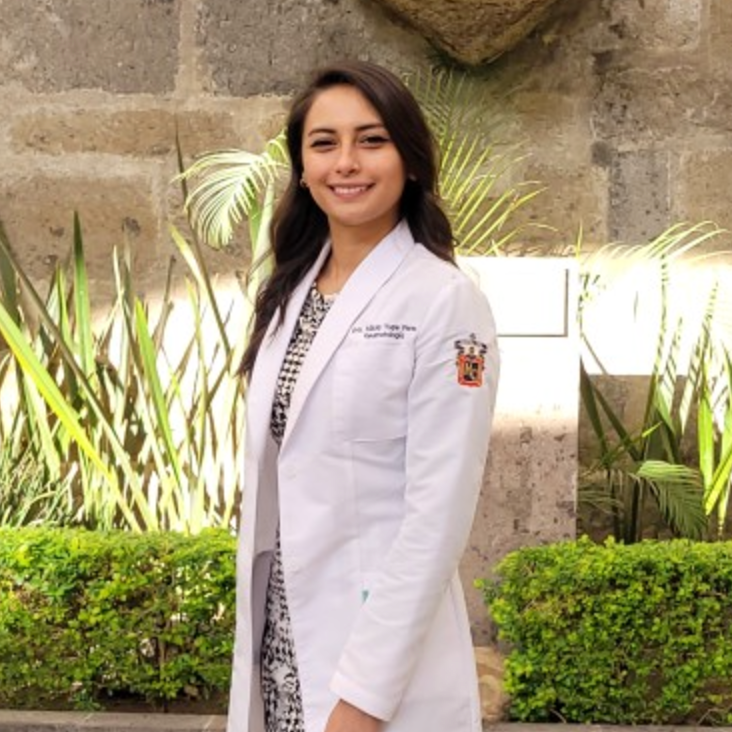Article
CAR T Cell Therapy Offers a New Hope in the Treatment of Severe and Refractory Systemic Lupus Erythematosus
The findings of this study of anti-CD19 directed CAR T cell therapy offers new hope for the most severe and refractory cases.
Chimeric antigen receptor (CAR) T cell therapy has revolutionized the world of oncology with the advent of new personalized treatment for a wide array of malignancies. However, a recent study by Mackensen et al has raised the possibility that CAR T cell therapy may also have a role outside of the treatment in cancer, through positive findings that have been published in the treatment of refractory systemic lupus erythematosus (SLE).1

CAR T cell therapy is already an established treatment used in a variety of haematological malignancies. This is relatively recently developed technology, which has rapidly expanded over the last decade with more than 350 studies currently ongoing investigating the use of this treatment in an array of settings (predominantly oncological). For therapeutic use, circulating peripheral T cells are harvested from the patient and isolated from whole blood. These ex-vivo cells are then genetically engineered to express a chimeric antigen receptor against the desired target (in the case of this study the target antigen being CD19, found on B lymphocytes). The basis of the therapy is that these CAR T cells will then target and destroy cells expressing this antigen. The newly engineered T cells are then grown in cell culture before being infused back into the patient. The process takes approximately 2 weeks from T cell isolation to subsequent CAR T cell infusion. Prior to receiving the newly generated T cells, a period of “conditioning” treatment, which effectively allows for space for CAR T cell expansion within the bone marrow allowing for these new cells to populate, is required. In this study, the investigated used a combination of fudarabine and cyclophosphamide for this. It is also important to consider that the isolation of circulating T cells requires a sufficient quantity of circulating lymphocytes. As a result, the authors decided to taper immunosuppressive therapy before collection of host T cells (in particular this focused on decreasing T cell cytotoxic medication such as cyclophosphamide and mycophenolate three weeks prior to cell collection).
In their recent Nature Medicine publication, the authors demonstrated the use of anti-CD19 CAR T cell therapy in the treatment of 5 patients with severe and refractory SLE. Patients were aged between 18-24 years old and included 4 females and 1 male. Patients had active disease with a SLE Disease Activity Index 2000 (SLEDAI-2K) of 8-16 at the time of treatment. All had cutaneous disease, in addition to proliferative lupus nephritis (Class III or IV) with 2 having overlapping membranous nephritis (Class V). Four of the 5 patients also had joint involvement. All had been treated with glucocorticoids, hydroxychloroquine, mycophenolate and belimumab with 3 receiving cyclophosphamide and 1 treated with rituximab previously. This represents a group of patients with significantly active disease that was refractory to multiple therapies.
Following infusion of CAR T cells, patients were observed in hospital for a total of 10 days prior to discharged (predominantly to monitor for signs of toxicity). In the use of CAR T cells in the treatment of malignancy, an array of side effects can be observed with the therapy. This includes generalized symptoms (such as fevers and headache). More severe effects include cytokine release syndrome and neurotoxicity. Interestingly, in this study in SLE the treatment was very well tolerated without severe consequences noted.
In the subsequent days following infusion of CAR T cells, the authors identified that these cells initially represented only a small subpopulation with the patients circulating T cell repertoire within the first 24 hours, before significantly expanding by day 9 post-infusion (at which point between 11-59% of circulating T cells were CARs). With regards to clinical response, a remarkable improvement was seen within the first 3 months of therapy. Four of the 5 patients achieved a SLEDAI-2K of zero (whilst the remaining patient seeing an improvement from 16 to 2).
Most impressively, there appeared to be a sustained response to this therapy and the authors report not only long-term remission but that this was treatment-free remission! It is quite astonishing that patients with severe disease that was refractory to multiple other agents showed a drastic improvement and ultimately were able to discontinue all therapy including glucocorticoids! The follow-up period is currently only at a maximum of 17 months, however long-term steroid-free response offers hope for a decrease in damage secondary to prolonged exposure to glucocorticoids (including osteoporosis and increased risk of cardiovascular disease).
Aside from being both extremely effective in achieving remission and well tolerated, the authors also importantly showed no significant reduction in vaccine response in the 5 patients treated with CAR T cells therapy, which is of particular interest at present.
In summary, CAR T cell therapy may not be required in many cases of SLE; however, the findings of this study of anti-CD19 directed CAR T cell therapy offers new hope for the most severe and refractory cases. In addition, the sustained long-term effects of treatment plus the ability to withdraw all treatment also confers that the risk of damage and infection (leading causes of morbidity and mortality in SLE) may also be reduced. The future is very exciting!
Reference:
Mackensen A, Müller F, Mougiakakos D, Böltz S, Wilhelm A, Aigner M, et al. Anti-CD19 CAR T cell therapy for refractory systemic lupus erythematosus. Nature medicine. 2022.




